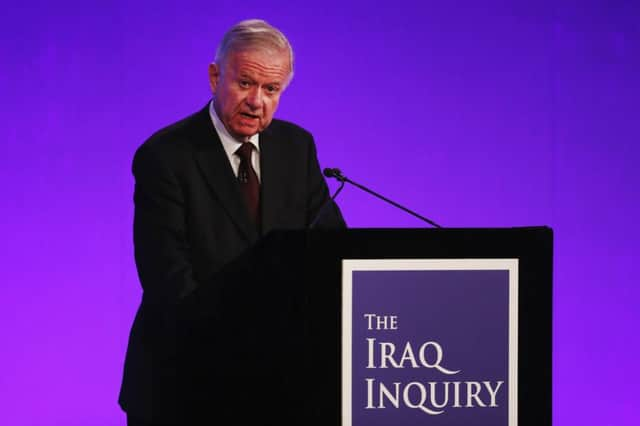YP Comment: The first line of defence in war


This is not surprising – the original report, which amounted to 2.6 million words, took so long to undertake that there are clearly lessons to be learned about the parameters of such scrutiny exercises in future.
Following such a laborious and time-consuming inquiry, the succinct findings of Parliament’s Public Accounts Committee are perhaps the more pertinent and highlight the importance for far clearer decision-making protocols in the unwelcome event of Britain having to send its Armed Forces into battle at some stage in the future.
Advertisement
Hide AdAdvertisement
Hide AdIts central conclusion could not have been clearer: “The time to learn these lessons from the Iraq Inquiry and to implement them is now.”
Yet, while future premiers will never again be allowed to act as unilaterally as Tony Blair did prior to Iraq, MPs say the Cabinet Secretary’s assurance that there is no risk to collective decision-making responsibility under Theresa May, this is not a fail-safe. The importance of this is profound. In essence, it is an instruction to Ministers that it is their job to properly scrutinise the case for military intervention and challenge the intelligence where necessary – they are the first line of defence. In short, it’s their duty to uphold the public interest and think through every consequence of war. If only this happened prior to the Iraq invasion when too many senior politicians did not ask the necessary questions until it was too late.